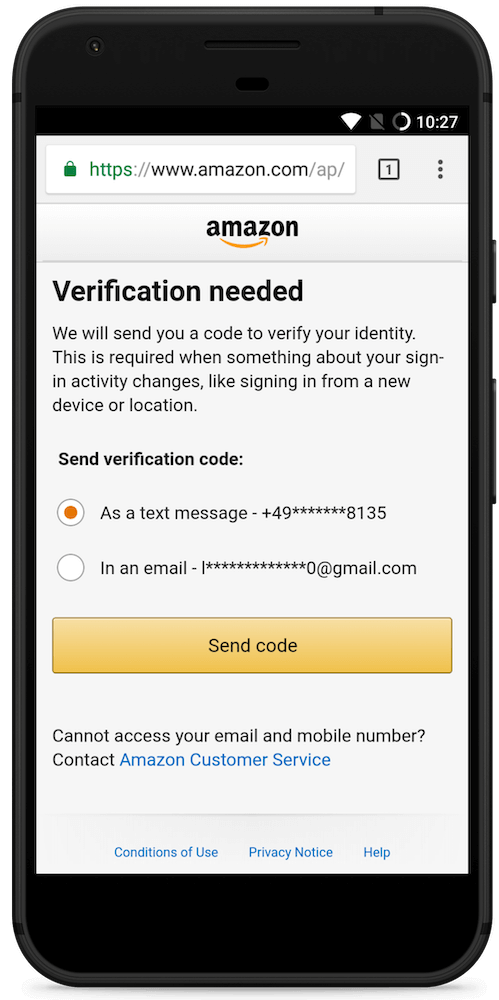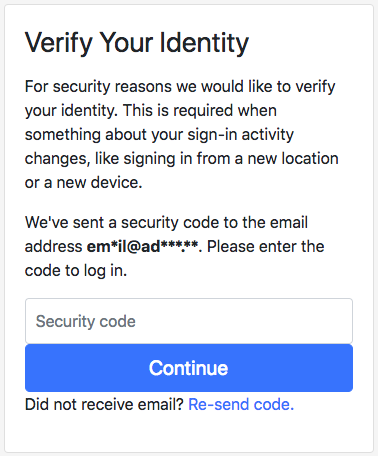Abstract
Risk-Based Authentication (RBA) is an adaptive security measure to strengthen password-based authentication. RBA monitors additional features during login, and when observed feature values differ significantly from previously seen ones, users have to provide additional authentication factors such as a verification code. RBA has the potential to offer more usable authentication, but the usability and the security perceptions of RBA are not studied well.
We present the results of a between-group lab study (n=65) to evaluate usability and security perceptions of two RBA variants, one 2FA variant, and password-only authentication. Our study shows with significant results that RBA is considered to be more usable than the studied 2FA variants, while it is perceived as more secure than password-only authentication in general and comparably secure to 2FA in a variety of application types. We also observed RBA usability problems and provide recommendations for mitigation. Our contribution provides a first deeper understanding of the users' perception of RBA and helps to improve RBA implementations for a broader user acceptance.



